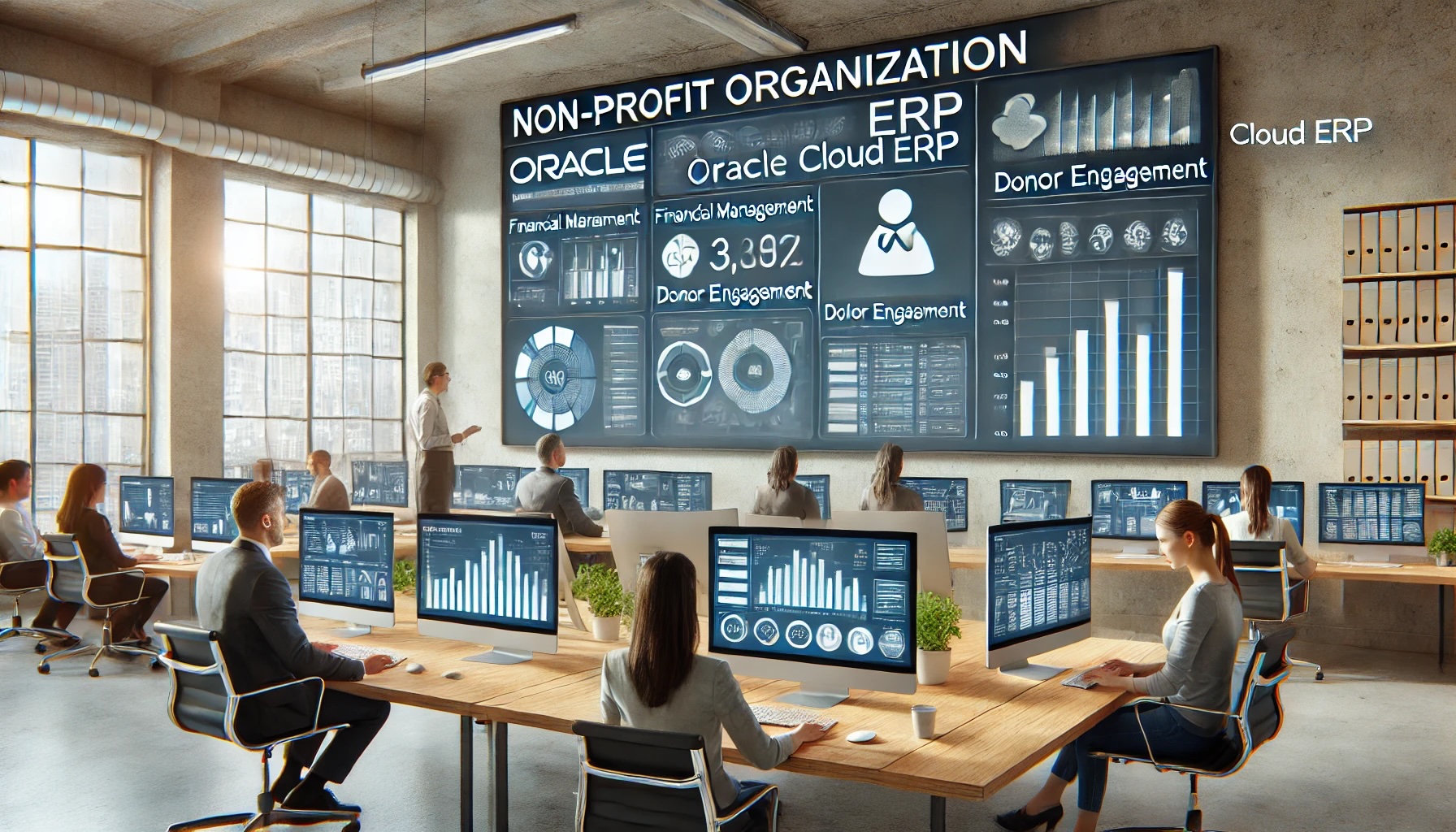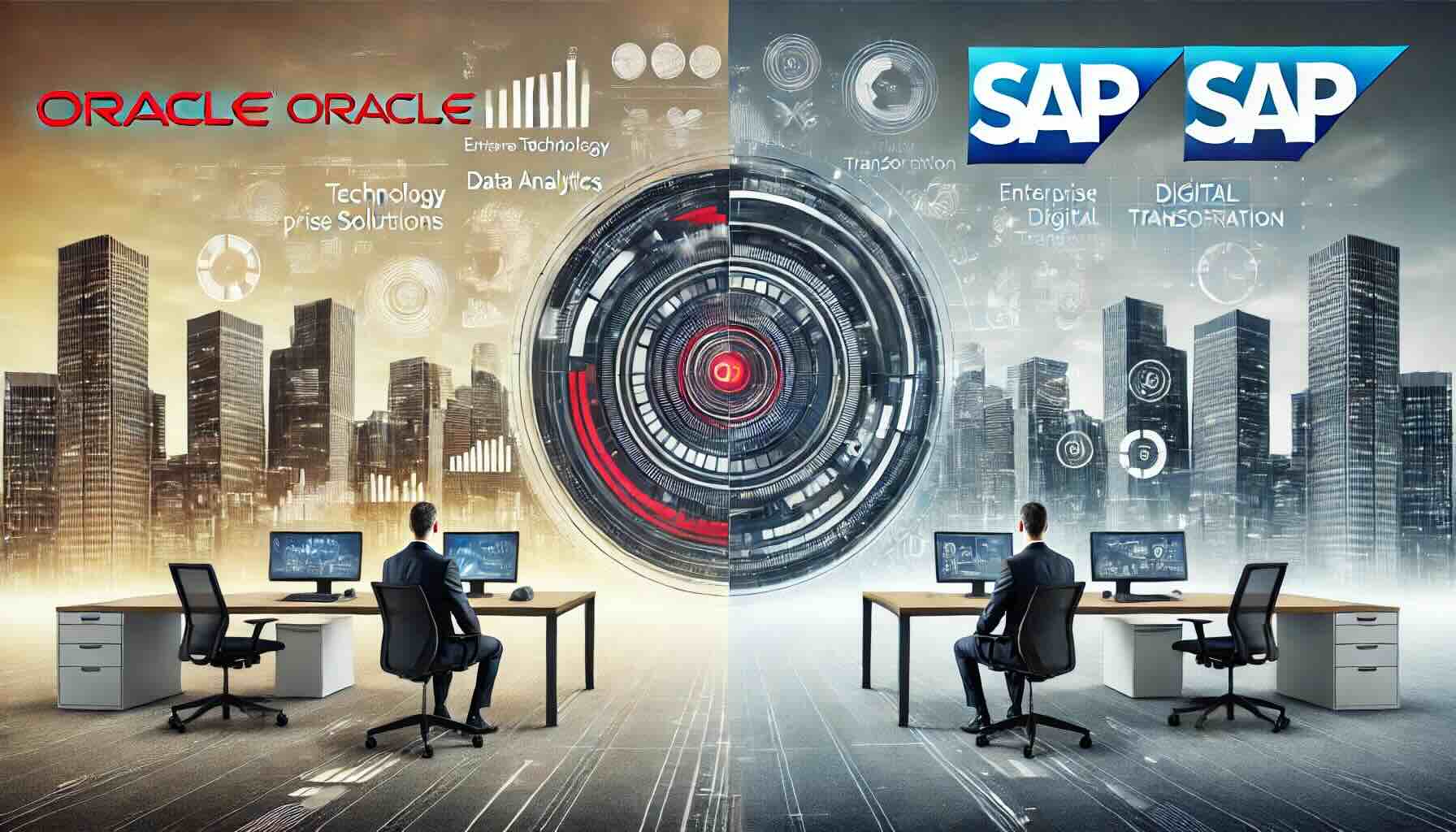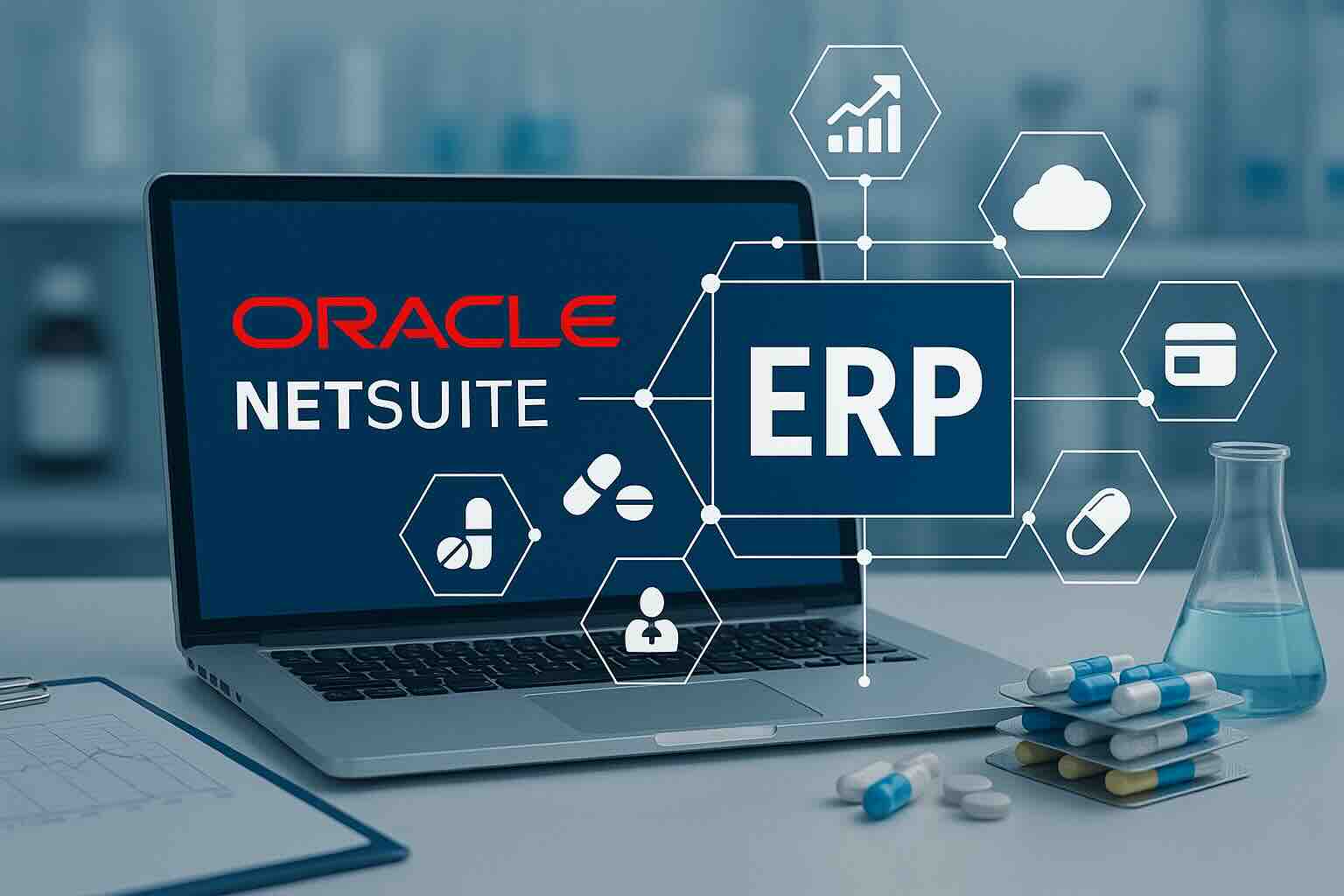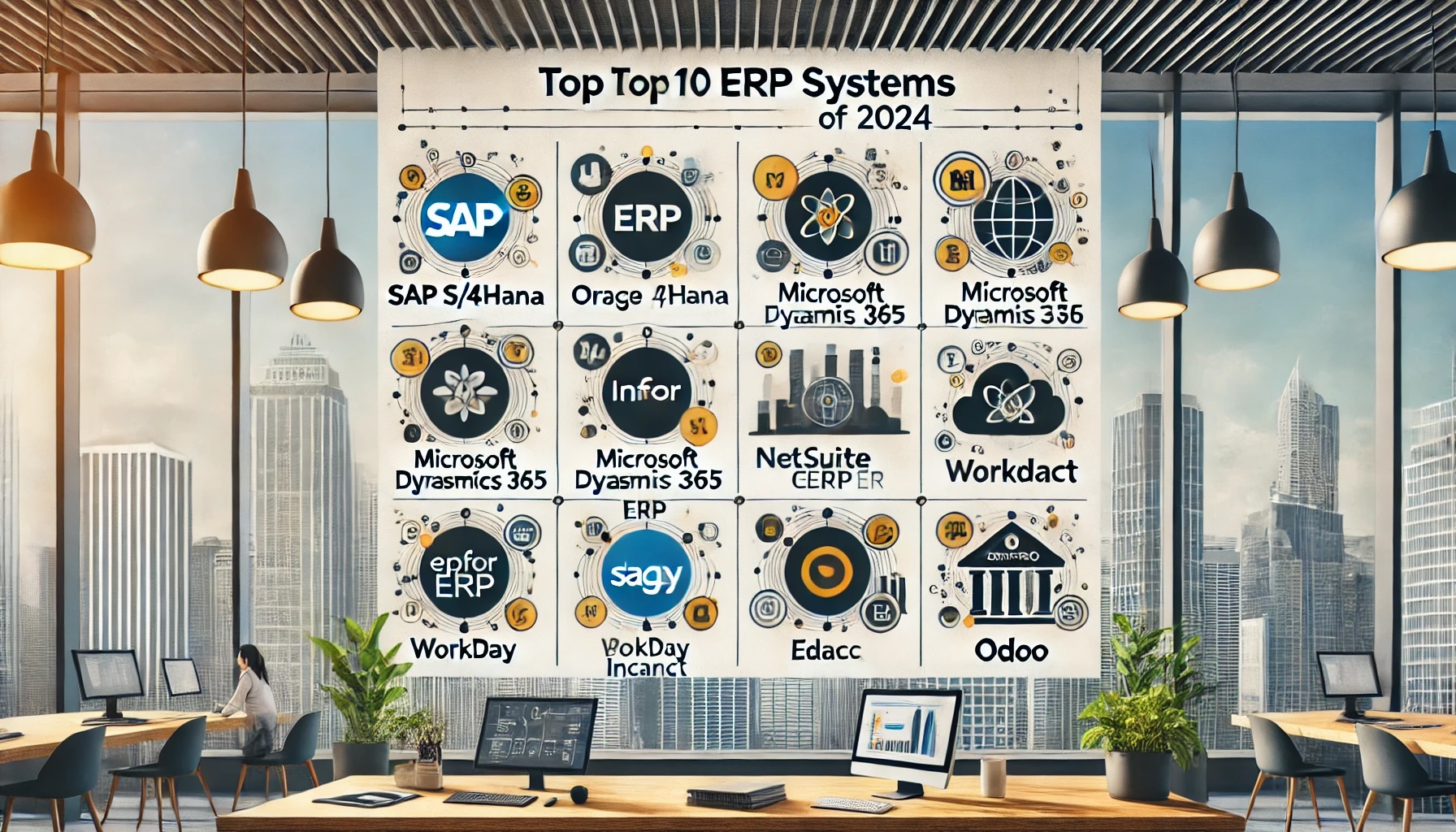Is Acumatica the Best ERP for Utilities Companies?
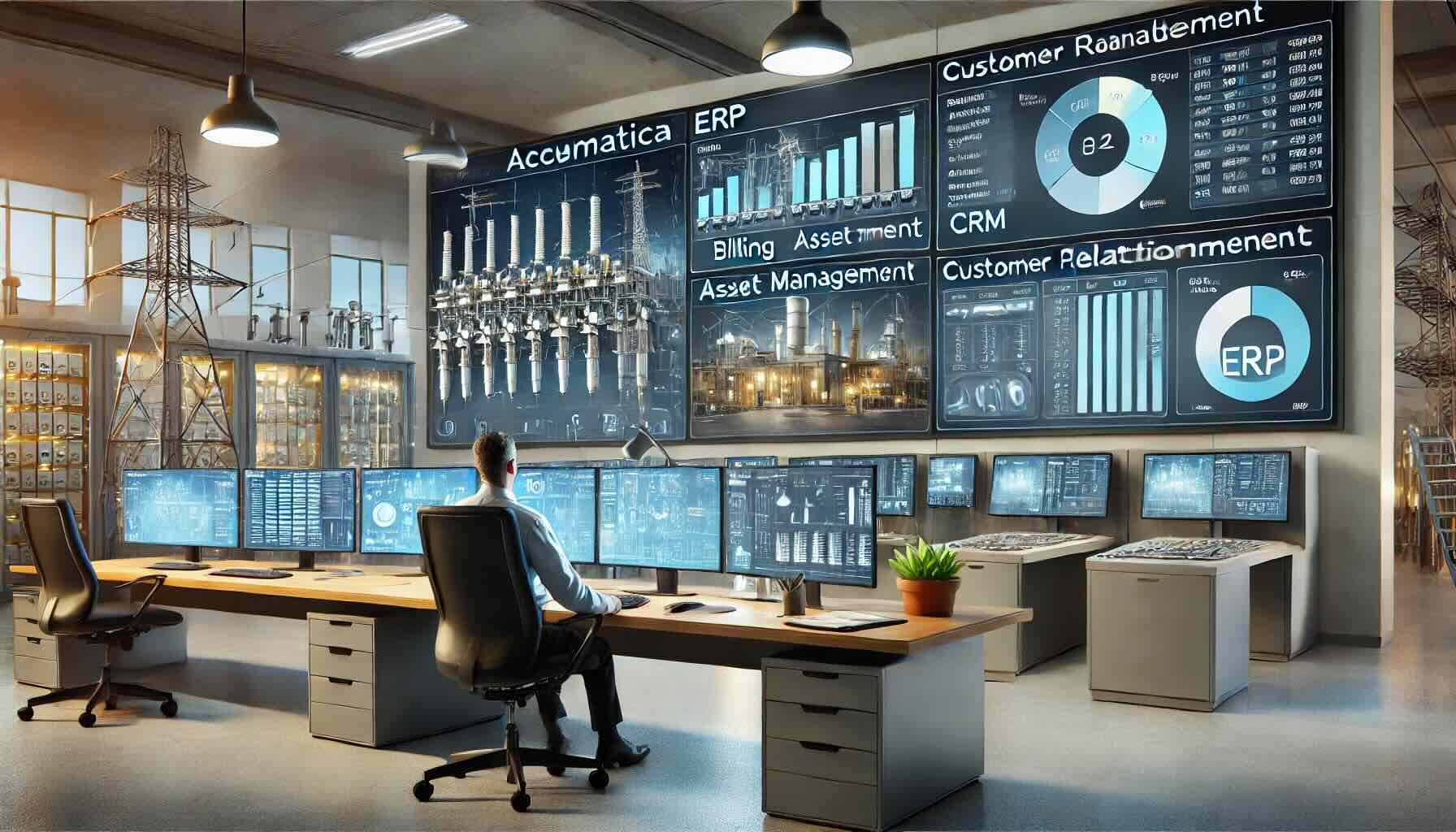
In today’s fast-changing utilities sector, companies face growing pressure to improve efficiency, comply with regulations, and deliver reliable service. Managing vast infrastructures, meeting customer demands, and balancing energy resources are complex tasks. As a result, many utilities are turning to Enterprise Resource Planning (ERP) systems for support. One ERP solution gaining traction is Acumatica. But the question remains: is Acumatica the best ERP for utilities companies?
What is Acumatica?
Acumatica is a cloud-based ERP system that helps businesses manage financials, operations, and customer relationships on one platform. It offers features such as accounting, project management, customer relationship management (CRM), and business intelligence. While Acumatica is known for its flexibility and scalability across different industries, can it effectively meet the needs of utilities companies?
Key Challenges Facing Utilities Companies
Before assessing Acumatica’s fit for utilities, it’s important to understand the sector’s unique challenges. Utilities companies typically face:
- Complex Billing and Revenue Management: Utility providers manage tiered rates, peak usage, and different customer categories (residential, commercial, industrial). Managing these billing structures efficiently while remaining compliant with regulations can be challenging.
- Asset and Infrastructure Management: Utilities oversee large networks, from power lines and water systems to wind turbines. Proper asset management ensures maintenance is timely and reduces service disruptions.
- Regulatory Compliance: Utilities are subject to local, state, and federal regulations. Failure to comply can result in hefty fines and damage to the company’s reputation.
- Customer Relationship Management: Utilities must maintain positive relationships with their customers. This involves accurate billing, clear communication, and prompt issue resolution.
How Acumatica Addresses Utilities’ Needs
With the key challenges in mind, let’s explore how Acumatica can address them.
1. Efficient Financial Management and Billing
Acumatica offers advanced financial management tools to support complex billing systems. It handles various billing models, including subscription, usage-based, and multi-tiered pricing. This flexibility allows utilities to manage different customer categories with ease. Additionally, real-time data integration ensures billing accuracy, reducing errors that could upset customers or cause compliance issues.
The system also supports revenue recognition across multiple timeframes. This is crucial for utilities offering multiple services, such as electricity, gas, or water. Accurate tracking of revenue streams helps maintain financial integrity.
2. Comprehensive Asset Management
Acumatica’s asset management tools allow utilities to track assets throughout their lifecycle. Companies can monitor infrastructure health, schedule maintenance, and avoid service downtimes. The system integrates with Geographic Information Systems (GIS), enabling utilities to visualize and track assets on a map. This is especially helpful for managing widespread infrastructure like power grids or water pipes.
3. Regulatory Compliance and Reporting
Acumatica’s built-in compliance management tools ensure utilities meet regulatory requirements. Real-time tracking of compliance data reduces the manual effort needed for audits and regulatory reviews. The system also automates report generation, making it easier for utilities to stay compliant with local, state, and federal regulations.
Moreover, Acumatica helps utilities comply with complex tax laws and financial reporting standards. This capability is vital in navigating the heavily regulated utilities industry.
4. Improved Customer Relationship Management (CRM)
Acumatica’s CRM system enhances customer interactions by offering a complete view of each customer’s history, from billing to service requests. This unified view allows utilities to resolve issues quickly and provide personalized service, which can improve customer satisfaction and retention. Streamlined communications help maintain positive relationships with customers.
5. Scalability and Flexibility
One of Acumatica’s biggest advantages is its scalability. As utilities grow or diversify their services, Acumatica can expand to meet their needs. Its cloud-based platform ensures it can handle growing data and users without compromising performance. This flexibility makes Acumatica suitable for both small and large utilities.
Additionally, Acumatica’s modular design allows utilities to pick the features they need. This avoids unnecessary costs for unused functions and tailors the system to each company’s specific needs.
Potential Drawbacks
Despite its strengths, Acumatica may not be the best fit for every utility company. Larger enterprises with very complex needs might find that Acumatica lacks certain industry-specific features. While Acumatica is customizable, implementing it for larger organizations may require significant time and resources.
Another potential issue is integration with existing systems. Many utilities use specialized software for functions like smart meter data collection or grid management. Acumatica may need customization to integrate with these systems, adding to the overall cost and complexity of implementation.
Conclusion: Is Acumatica the Best ERP for Utilities?
Acumatica offers a flexible, scalable ERP solution that can meet many of the core needs of utilities companies. Its cloud-based design, advanced financial management, and strong asset management capabilities make it a viable option. Additionally, its built-in compliance tools and CRM features enhance operational efficiency and customer satisfaction.
However, larger utilities or those with specific operational complexities may need to weigh the costs and time involved in implementing Acumatica. They might also consider whether industry-specific ERP solutions better address their unique challenges.
In conclusion, while Acumatica may not be the best ERP for every utility company, it provides a strong and customizable solution for many organizations in this sector. Its strengths in financial management, asset tracking, and scalability make it a compelling option for utilities looking to modernize and streamline their operations. Click this link to find out more about Acumatica.
To compare Acumatica with 100+ other ERP solutions, try our new AI-powered Compare ERP tool. It’s free to use and provides personalized recommendations based on your business needs, helping you find the best-fit ERP quickly and confidently.


